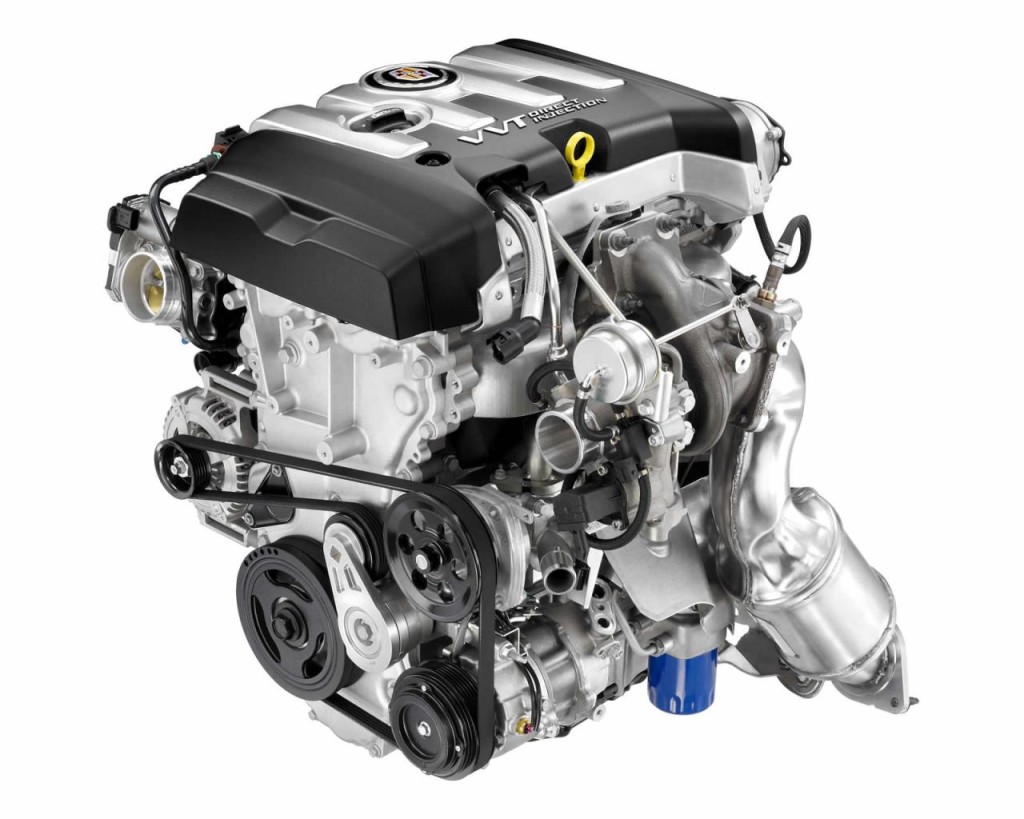Direct injection petrol engines produce more particles than older engines

A European environmental lobby group has recently criticized car makers for not fitting particulate filters to direct injection petrol engine powered vehicles, due to a study which revealed that they emit up to a thousand times more particles than non direct injection petrol engines.
This study was commissioned by the Belgian group Transport & Environment and then conducted by independent German researcher TUV Nord. The research revealed that modern gasoline direct injection – GDI – engines will generally emit between ten and forty times more particles by mass than older-style port fuel injection – PFI – engines and over a thousand times the number of particles.
It is true that GDI engines are more fuel efficient an emit less CO2 than PFI engines, but the higher operating pressures within those cylinders lead to the production of a greater amount of particulate matter, which has been proven to contribute to air pollution and also cause health problems.
The tests conducted by TUV Nord discovered that fitting gasoline particulate filters – GPFs – to the exhausts of GDI engine- powered vehicles has the potential to reduce particle numbers by a factor of 1000.
The advantage of GPFs is that they work like particulate filters in diesel-powered vehicles, but there are cheaper, simpler, more compact and more durable because the high temperature of the GDI exhaust prevents an accumulation of soot and also enables continuous regeneration of the filter.
Diesel particulate filters have been used widely in production cars for over ten years but the majority of car makers do not equip GDI vehicles with filters, despite the fact that GPFs cost only around 50 Euro.
The Belgian group called on car makers to make filters a standard add-on in all vehicles powered by GDI engines.
According to data from the European Commission, air pollution within the European Union is estimated to contribute to 406,000 deaths every year while costing the EU economy between 330 billion euro and 940 billion euro per year in healthcare-related costs.
The particle density is an important fact to consider because the World Health Organization has recently confirmed that air pollution causes cancer while the European Environment Agency has shown that about ninety percent of EU population is exposed to levels of particulate pollution representing a health risk while one-third are exposed to levels above EU-permitted levels.

















